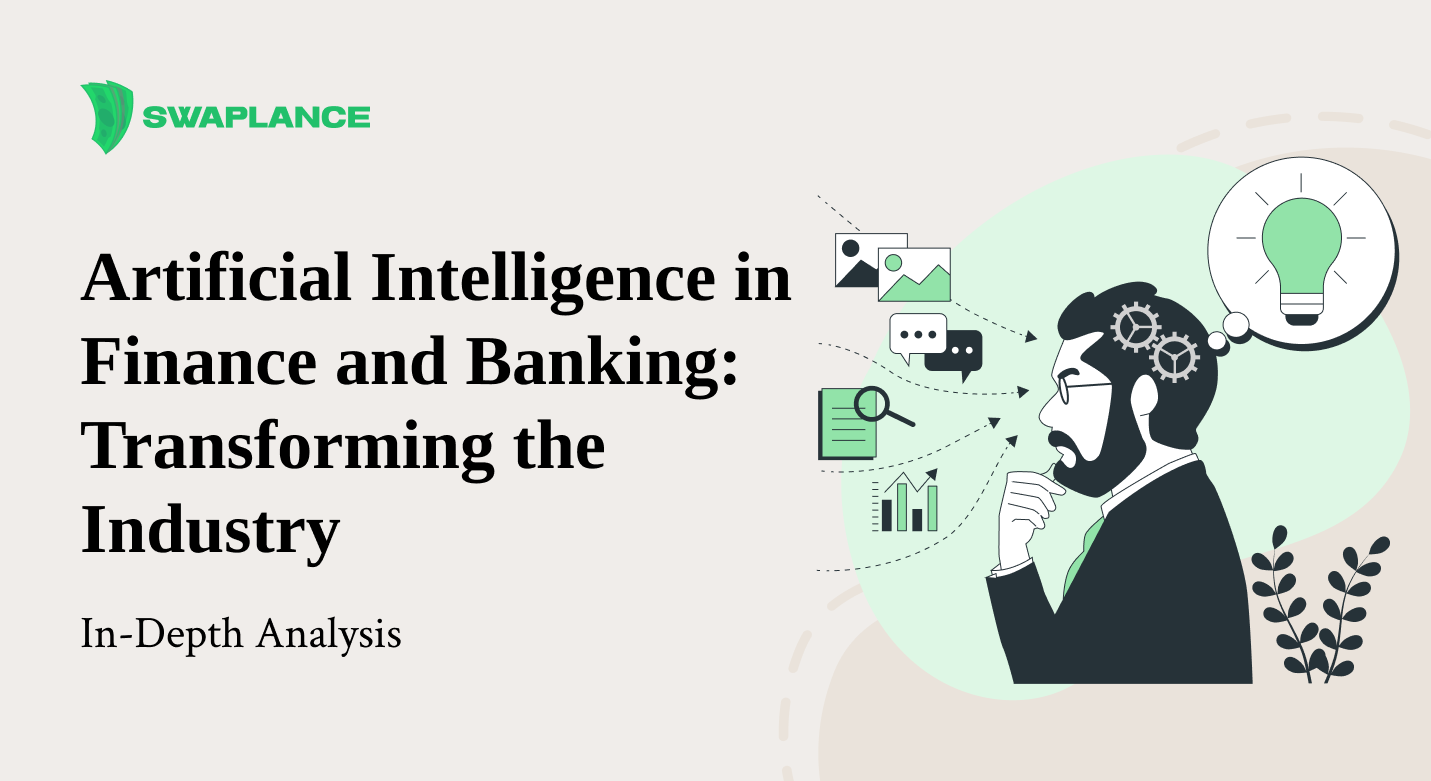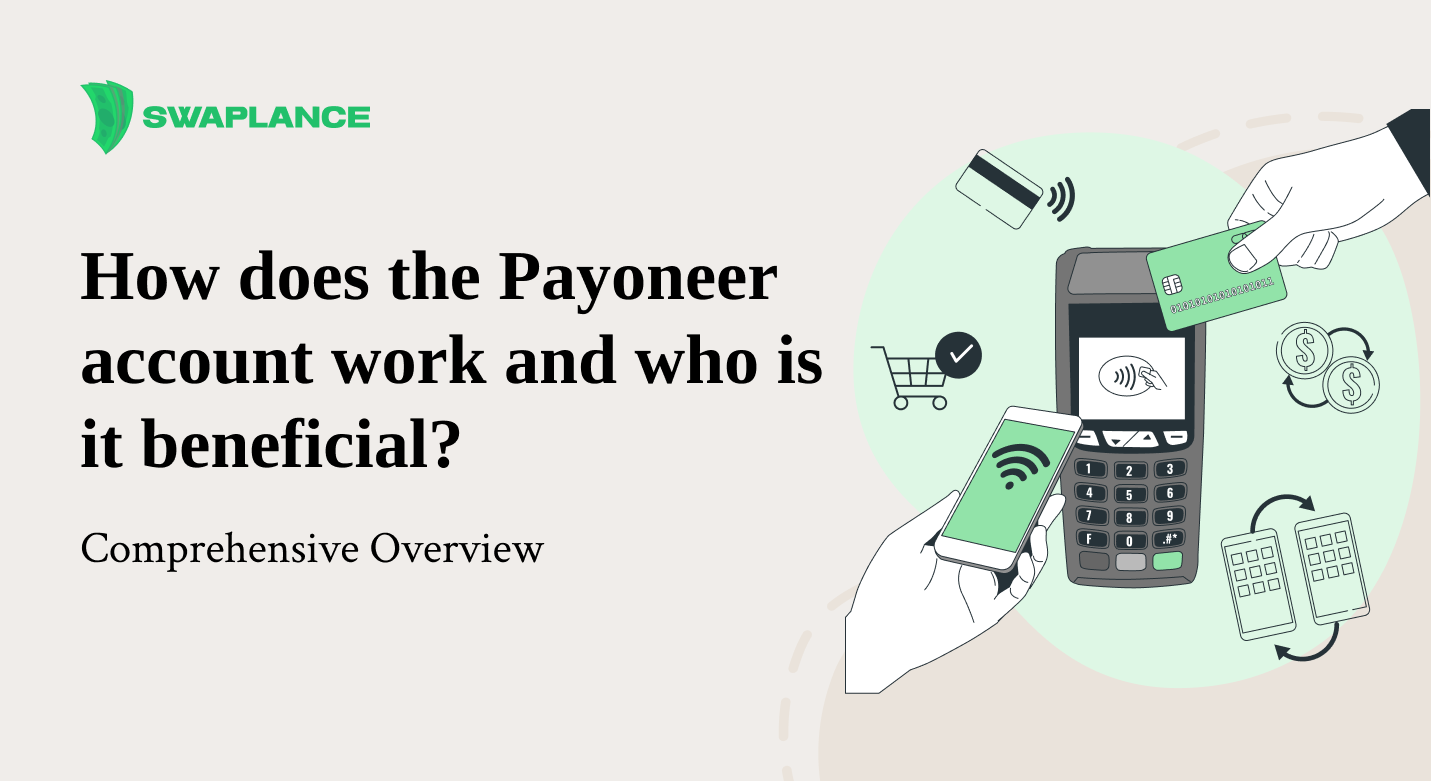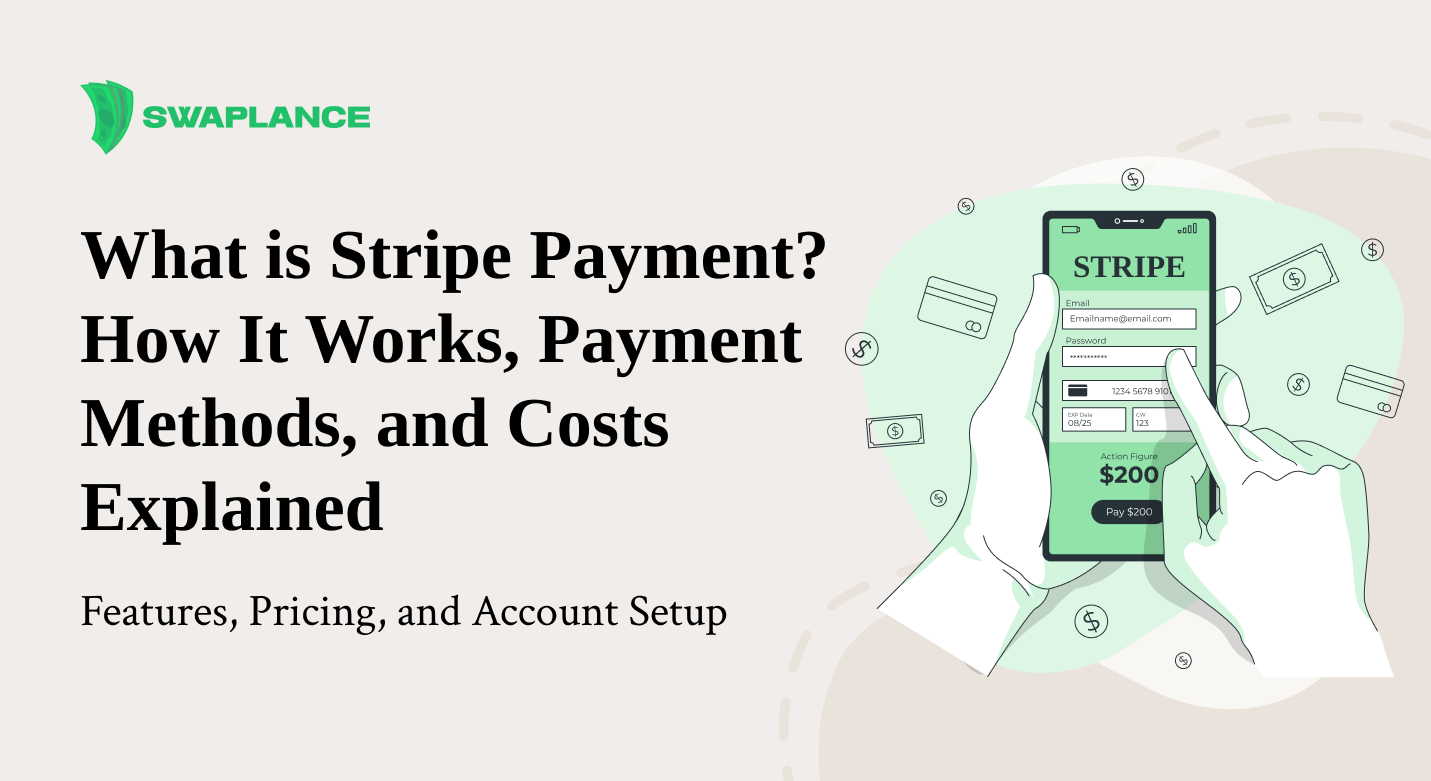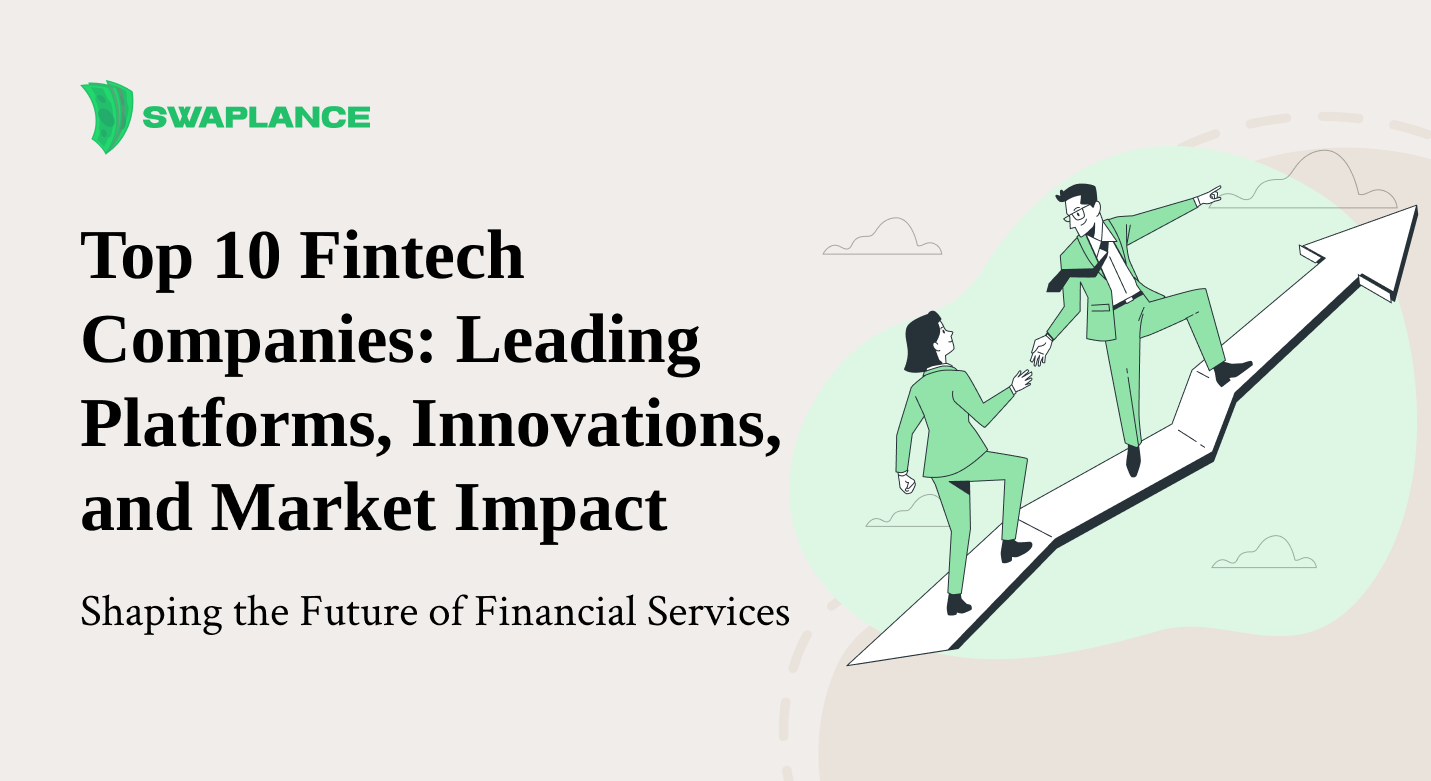Blog

The transformative power of Artificial Intelligence (AI) lies in its ability to process and analyze massive amounts of data, identify patterns, and perform tasks that traditionally required human intervention – all at a speed and scale that humans cannot match. This transformative potential is particularly evident in the finance and banking sector, where the complexity and volume of transactions demand highly efficient, accurate, and adaptive systems.

The fintech industry is evolving at a rapid pace, with advancements in technology driving new ways for consumers and businesses to manage their finances. As we approach 2025, several trends are set to reshape how people interact with financial services. From the rise of AI to innovations in digital payments, these fintech trends will help define the industry's future.

Payoneer is a popular digital payment solution that enables businesses, freelancers, and individuals to make and receive cross-border payments quickly and efficiently. Whether you're a small business owner or a freelancer, Payoneer provides you with the flexibility to access international markets and streamline your payments. In this article, we’ll delve into what a Payoneer account is, explore its advantages and limitations, and identify who can benefit the most from this versatile financial tool.

This article aims to give a comprehensive overview of the Stripe payment system, its functionalities, and its cost structure. Addressing questions like "What is Stripe Payment?" and "How does Stripe Work?" helps businesses understand why Stripe has become a leading player in online payment processing.

Fintech (financial technology) is transforming how we interact with financial services, from banking to investments and insurance. With their innovative approaches, these companies are making financial transactions more accessible, efficient, and secure. In this article, we will explore the top fintech companies and platforms that are making significant strides in this sector.